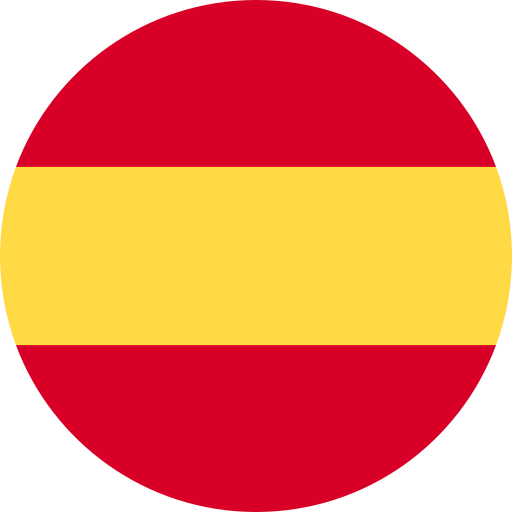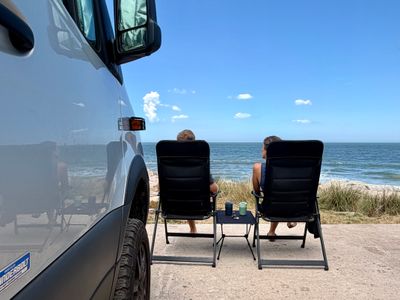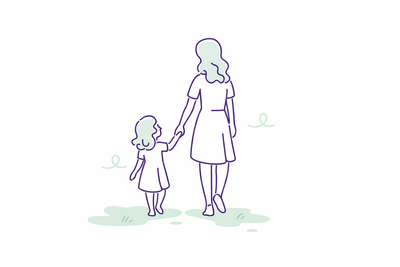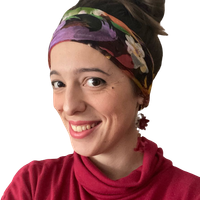
Suicide. Suicide is a subject that gives me conflicting emotions. A reality that back in the day made me almost choose a career in psychology. A world that always got me to wonder. Fascinating, intriguing and at the same time destructive, fearsome. A taboo that I always wanted to unravel and perhaps—in some way—to justify, as if justifying it were the only way to understand it.
Until I lived it up close.
Eleven years ago I met a girl on a local online chat. She was the ex-girlfriend of a good friend of mine. She had started writing me for a reason that now seems ridiculous: she was jealous of my relationship with her ex-boyfriend. And then something unexpected happened: after just a few minutes of writing, her initial words of hatred and accusation became the omen of a potential friendship.
I found in her a sweet eighteen-year-old (I was not much older than her), but at the same time determined and smart, maybe a little rebellious, but what teenager isn’t? Over the next few weeks, we talked about love, loss and pain. I loved our written exchanges.
One day I got a message from her: “I want to kill myself”. My eyes immediately teared up, and my mind gave voice to that uncomfortable feeling of the previous few days: I knew straight away that she wasn’t joking, that she was telling me her truth.
I wrote to her as seriously as she had written to me. I never saved that message, but I remember it was a hymn to life. Sincere, spontaneous, somewhat banal because the words of rationality dealing with pain are often banal. I don’t remember what I wrote, but I saved what she wrote back to me:
Thanks for your message. You are a very wise girl and everything you said is right. Pain is part of life and you have to live with it in a civil way, I know that, but I've always been too "anarchic" to accept civil rules. And if I don't like this world, I won't accept it, I just won't. And I don't like this world. I've been wanting to die, believe it or not, since I was 14 years old. It's the only thing I want with my whole self.So far only one thing has stopped me. I'm afraid I won't die on the spot. IM afraid I'll jump and I'll still be conscious when death comes, I'll touch the ground and still understand everything.I know you'll think I'm crazy, and my words are not as smart as yours. I want to kill myself, but inside I've already been dead for some time, because I lost hope in people, in love, in myself. And although they say hope is the last to die, believe me: in my case it died before me, I died before her and my body, if I grow some balls, will die with them.
She was writing her goodbye note, and she wrote the ending, too. That same day she disappeared. They found her three days later, dead. That same death she had planned for herself: she had jumped. And no, she didn’t die on the spot, as the autopsy later revealed.
It made it to the evening news, news like any other, among the others. Not for me. I privately cried for weeks and even now thinking about her always takes away a pixel of my happiness.
Over the years, I thought a lot about suicide, about her. About that eighteen-year-old girl who passed the driving test one day, and committed suicide the following one.
Some say suicide is a matter of genetics: if you’re born with the suicide gene, sooner or later, no matter how hard you try to ignore the instinct, you’ll find a way to kill yourself. As I write this (2010), the theory hasn’t been proven, and maybe it never will be. But I’d like to believe in that: it’s a relief to justify rationally something that is not rational at all. Yet, not even appealing to all my rationality will make me justify what she did.
Coelho wrote:
In a world where you try desperately to survive, how can you judge those who choose to die?
I disagree. However uncomfortable, extreme and cruel it may seem, I judge.
I judge the individual cases. I judge HER for choosing to die. I judge her because she was a coward, because when life disappointed her she decided it was easier to die than to try desperately to survive. I judge her because she was selfish, because she put an end to her suffering, but forced family and friends to enter their own world of suffering for the rest of their lives. I judge her because she was ungrateful. She was beautiful, young, healthy and smart: she wasn’t forced in a wheelchair, paralysed from head to toe, she didn’t have a terminal disease, she didn’t have to die, she didn’t know what it means to have to die and wanting desperately to live.
It’s true, not everyone is a gladiator in life. Not everyone is happy. And not everyone finds reasons to get out of their misery. But everyone—everyone—can find help. In themselves, in another person, in a role model, in a book, in a song, in a place. Any help.
Balls, she said. It takes balls to kill yourself, sure, but it takes a lot bigger balls to live. To love. To start a family. To grow old with someone.
I could never say that to her, but I think she knew.
And so, I judge her.
































